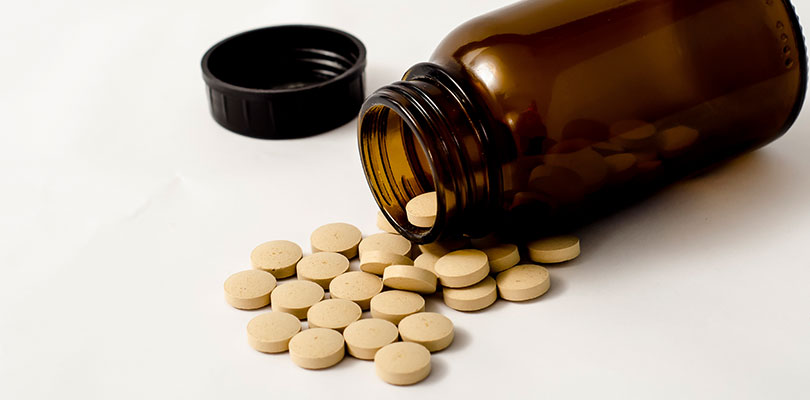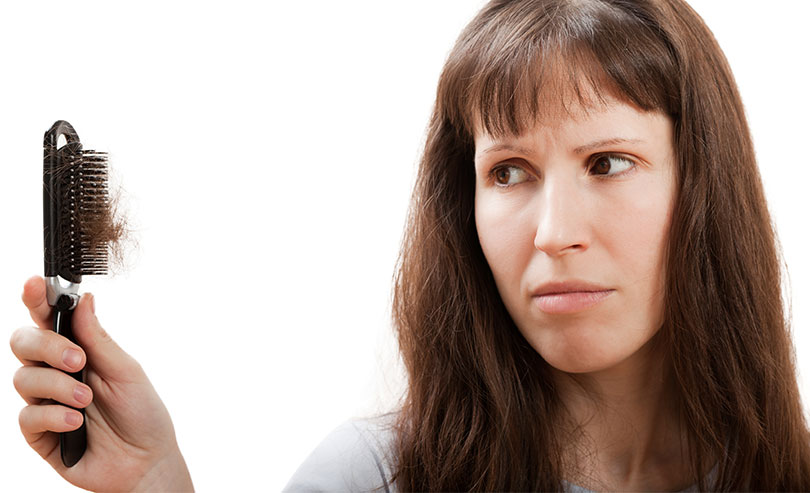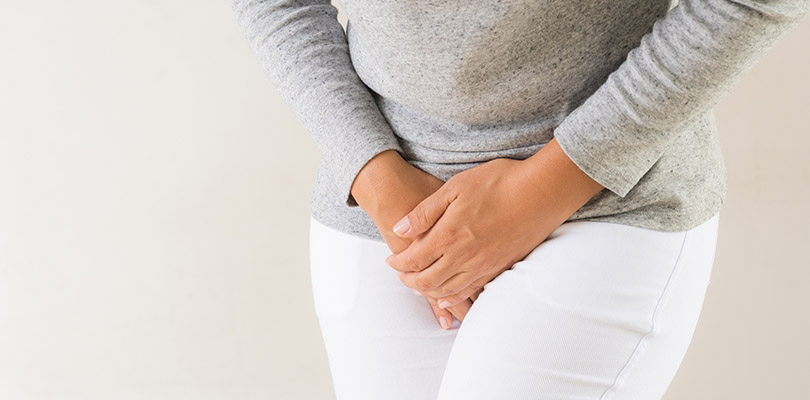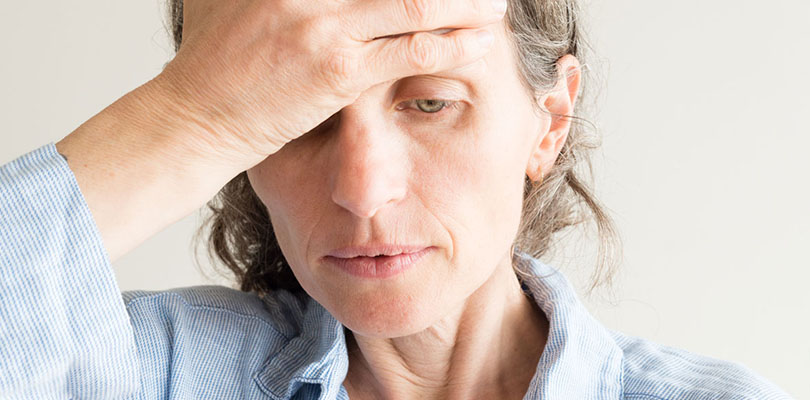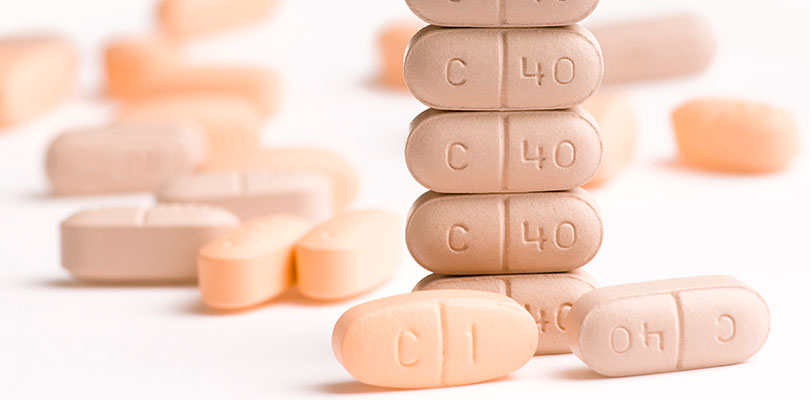
Photo Credit: 06photo / istockphoto.com
Calcium and Vitamin D
Your two best allies in the fight against osteoporosis, calcium and vitamin D should be near the top of your supplement list as you enter menopause. While calcium feeds and sustains bone mass, your body needs enough vitamin D to absorb and use that calcium.
Experts suggest most adults get 600 IU of vitamin D each day, although your needs will go up with age. The sun can give you a good dose of this vitamin, but beware the risk of skin damage: it’s often best to take a high-quality vitamin D supplement rather than rely on sunshine alone.
Resources
Health (Can Supplements Ease Menopause Symptoms?)WebMD (Vitamins and Supplements Lifestyle Guide)WebMD (IPRIFLAVONE)WebMD (Natural Treatments for Menopause Symptoms)WebMD (Is DHEA the Next Wonder Drug for Menopause?)WebMD (St. John’s Wort for Depression and Mood)Healthline (B-Well: Why Women in Perimenopause Need B-Vitamins)Related Search Topics
You May Also Like
Parenting through menopause is now a concern for a huge number of women, and there aren’t many manuals to lead you through the treacherous terrain.
